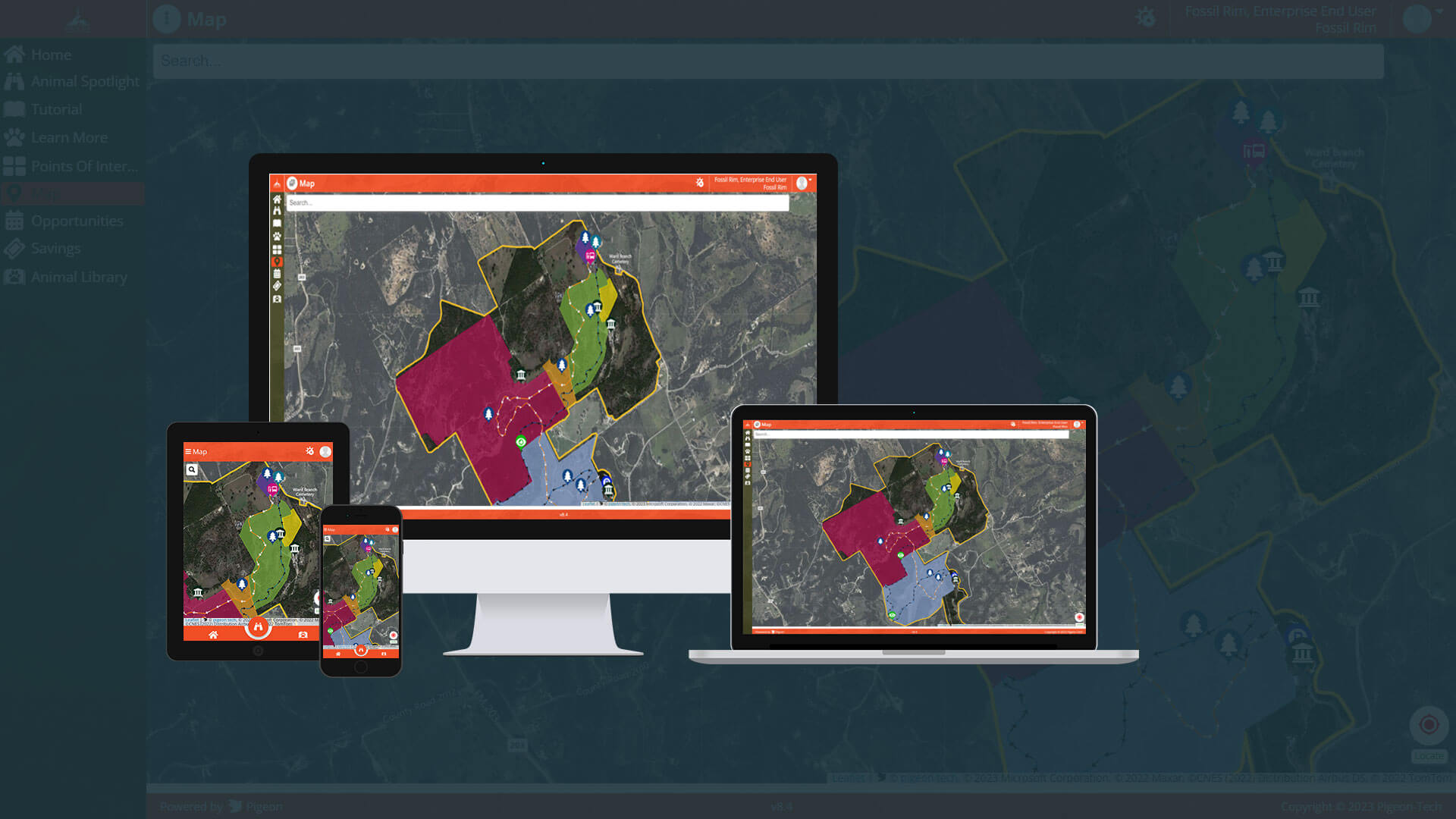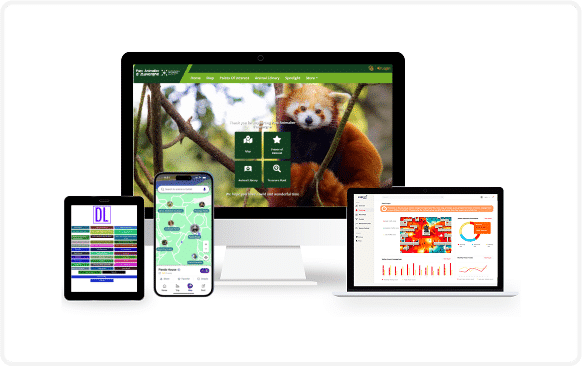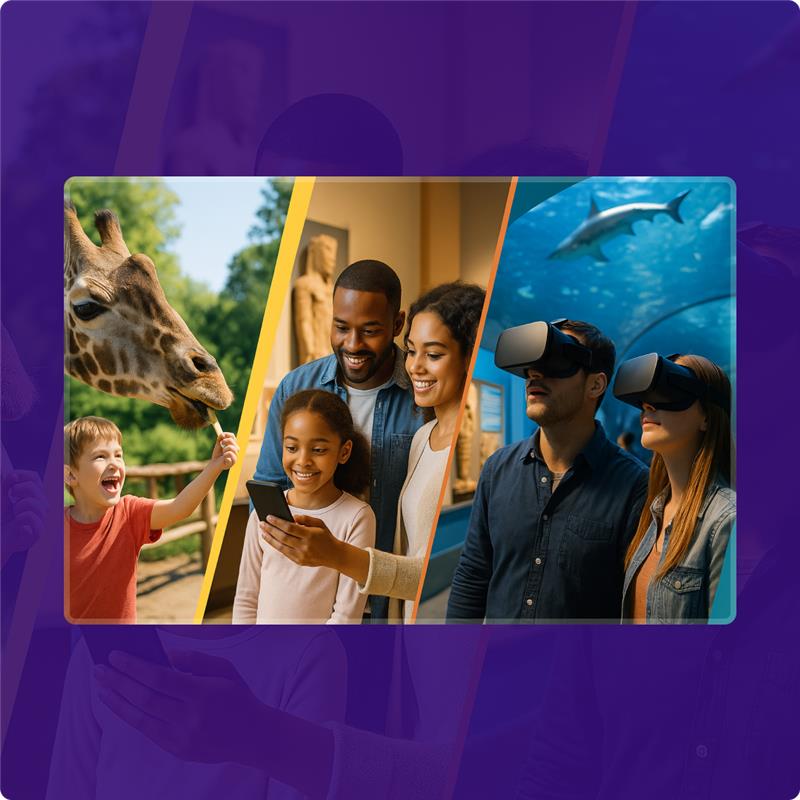The Blog post discusses types of Location Based Services (LBS) and gives readers an overview of various contemporary application which uses this technology for running successful enterprises.
The evolution and spread of Smartphones is undoubtedly one of the most remarkable developments in information and communication technologies in the last couple of decades. Within the various applications of Smartphone platforms, location-based services are predominant as they primarily function in positioning and navigation, helping multiple applications connect with users on a real-time basis.
Location based services can be accessed through smart devices with a geographical positioning feature serving in diverse ways.

Types of Location Based Services
- Maps and Navigation
- Tracking Services
- Information Services
- Applications
Also, read our blog Types of Indoor Positioning Systems
Maps and Navigation
A lot of challenges occur when we try to navigate and find places of interest in an unknown city, town, state, or a tourist place as barriers could range from language conventions to cultural practices and lifestyle obligations. Hence, asking for directions may not always elicit a favorable response.
We tend to get lost temporarily, get embarrassed, frustrated and even stressful while finding the intended destination. However, since the evolution of maps and navigation, integrated through Smartphones, it’s rare that people lose their route when traveling outdoors.
In addition to this, there is a high possibility that people tend to get lost within a large facility as well, in which case location-based services using Beacons, Wi-Fi or Bluetooth technologies can come in handy at venues such as airports, shopping malls, convention centers, medical facilities, educational institutions, etc.
Tracking Services
The globally known tracking services provided through GPS (Global Positioning System) via satellite and their ground stations is undeniably the most empowering development the general populace can access to wayfind and navigate.
The other common benefits with location tracking services are as follows:
- Customer Service Commitment
- Accounting for Expenses
- Increased Customer Confidence
- Improved Bottom Line
Information Services
Services integrated to gather, store and process information and convert it for knowledge-oriented information which can improve societal and organizational efficiency are known as information services.
A variety of academic, professional, business and computer science fields are covered in information services for all kinds of purposes such as research, study, and statistical analysis.
Types Of Information Services Include:
- Transaction Process Service (TPS)
- Office And Office Automation
- Enterprise Collaboration Service (ECS)
- Enterprise Resource Planning (ERP)
- Expert Service
- Global Information Service (GIS)
- Management Information Service (MIS)
- Decision Support Service (DSS)
- Data Warehouses (DW)
- Executive Support Service (ESS)
Applications
In the contemporary software and applications world, more companies are integrating location-based services through apps for better productivity and to easily track the movement and reach of their services.
The following are a few location-based mobile apps for both Android and iOS users:
- Google Maps – Navigation and wayfinding
- TripAdvisor – Travel
- Uber – Transportation
- Instagram – Social networking app-enabled with a chat feature
- Pokemon Go – Augmented Reality (AR) game
- Foursquare – Local search and discovery
No matter where you are on the face of the planet, you are within the range of GPS satellite signals with the help of mobile-based LBS apps. It’s always good to be under positive surveillance as we can feel secure and safe.






